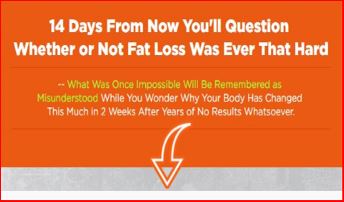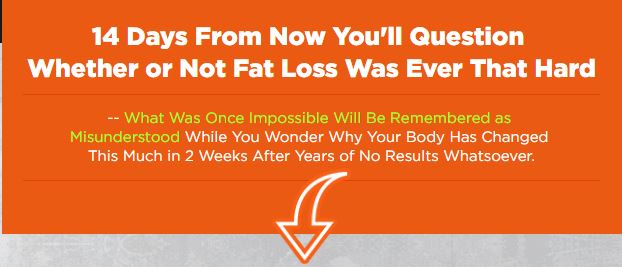|
Fat loss isn't complicated — the methods behind fat loss and weight loss can be — instead of focusing on 'which' method is the most important or most reliable, think about your health logically. Weight loss (or gain) is all about peaks and valleys, and there's a physiological reason for this: homeostasis. Homeostasis is a fancy term for describing when your body is efficient, or in a state of equilibrium. When your body reaches a new weight and stays there for a little while, it becomes incredibly good at protecting this 'zone' of weight. The reason being that every fluctuation in your body results in a multi-system approach to adapt to new demands — your heart requires a different strength per beat to get blood to your toes and fingers, your lung capacity changes depending upon the size of your belly, and your digestive tract gets re-positioned slightly depending upon the distribution of fat on your body. When your body finally adapts to its new position and its new demands, it gets very efficient — the goal of your body is to use the least amount of energy for any given process — this way, you never run out of energy and end up passing out. This state of 'body balance' is referred to as 'homeostasis' and is well understood in all scientific research to be how our bodies work. Naturally, we need to disrupt 'homeostasis' for weight loss to take place; otherwise, your body will actually seek to put the weight back on, as every time it has to adjust, it becomes inefficient all over again. The time period for 'body adaptation' to take place is 6 weeks, during which time 'plasticity' takes place. Plasticity refers to a permanent neurological change in your body that allows your body to recognize something new as its own. Here's a common example of plasticity that you probably already know, but without the fancy terminology: Muscle memory — "It's like riding a bike." — Despite many years without riding a bike, we seem to be able to re-learn this skill within a couple of minutes. This is a result of our brains recognizing that we're attempting to ride a bike and choosing nerve tracts to carry out the movement that are highly efficient and were used in the past. Riding a bike is easy for life once you learn it properly. Now, what happens when we apply 'plasticity' and 'homeostasis' to weight loss?
By using peaks and valleys in your weight loss approach, we are nearly eliminating any chance of rebound weight gain. Plus, you'll be able to lose a lot of weight quickly, which feels good — losing weight quickly, balancing out, and then doing it again allows you to see a result in the mirror, stay motivated, and continue to progress. Weight loss also becomes easy for life once you learn how to communicate with your body and sustain any results you get. From now on, let's 'Interval Train Weight Loss' — use peaks and valleys to communicate with your body that it's time for change, how to cope with the change, and then how to produce some more. Let your body learn over time that when you want to lose weight, you mean it, and you're going to get results you can handle. Your body will stop fighting with you when you allow it enough time to balance out your hormones, movement planning, digestive issues, respiration, and circulation. This all starts with something I've termed 'Body Self-Communication' — learning how to tell your body when you're ready for change, and how to listen when it responds. Losing 0.71 pounds per day and keeping it off is as simple as developing a short-term plan, holding onto your results for 6 weeks, and then repeating the plan. During your peak periods, losing up to a pound per day should be very doable with the right plan — and, most importantly, you'll be able to hold onto your results by cycling in valleys along the way.
Look 10 POUNDS Lighter by THURSDAY, APRIL 17 ! — Click to read the exact formula. (Dr. Kareem's exact method — available for a limited-time only) Enjoy!
Lewis
www.AtoZfitness.com
|

How To MELT 0.71 POUNDS Per Day
(Visited 208 times, 1 visits today)
 AtoZfitness – Free Fitness Magazine Publishing Only The best Fitness Articles & The Best FItness Products
AtoZfitness – Free Fitness Magazine Publishing Only The best Fitness Articles & The Best FItness Products

